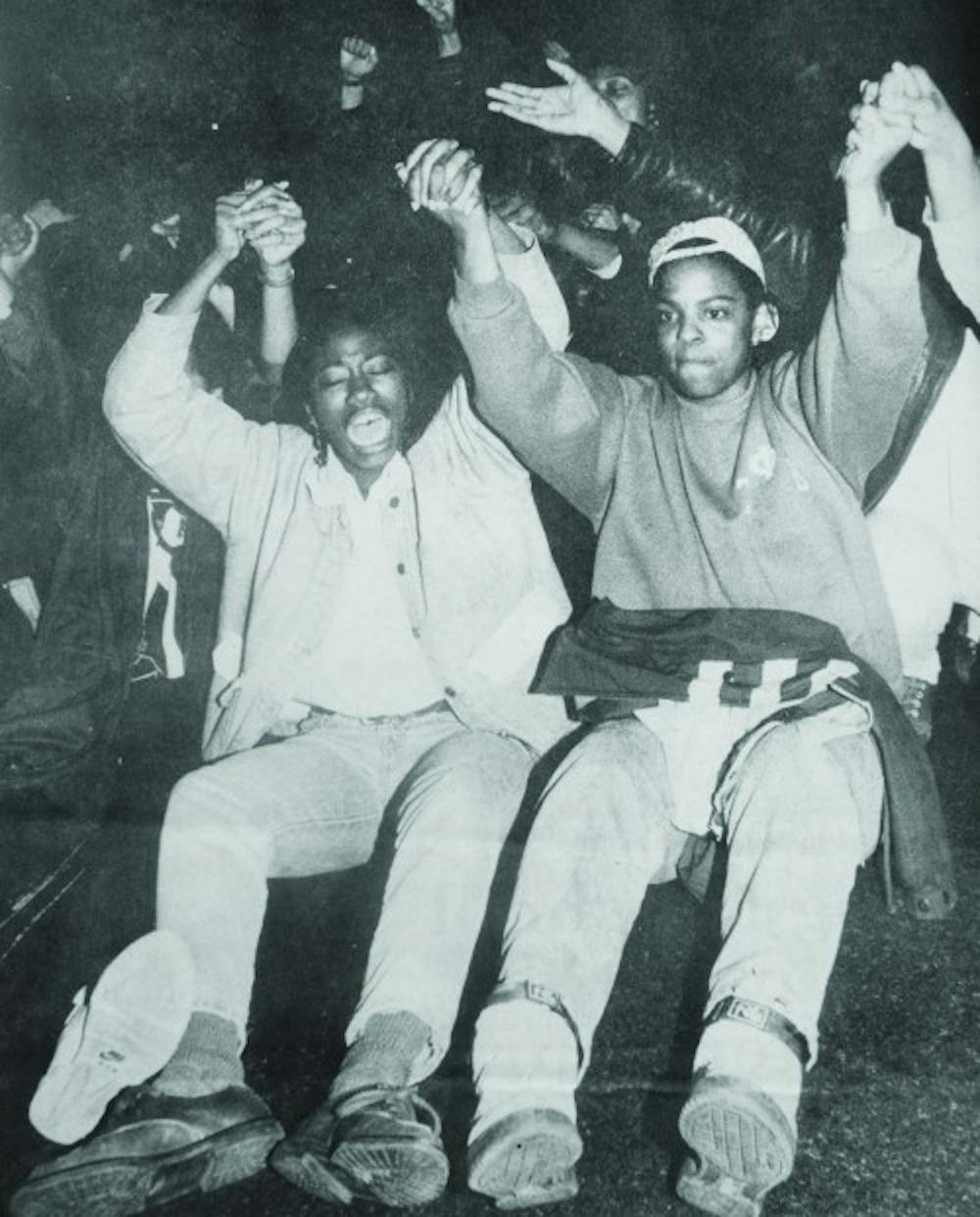
The tradition of Black History Month can be dated back to 1920s.
The idea of Black History Month does not sit well with some black students at Penn.
While the holiday is meant to be a celebration of black history, these students contend there are negative implications of having a separate month to applaud the narrative of blacks in the U.S.
The precursor to Black History Month, “Negro History Week,” began in 1926 when historian Carter G. Woodson announced the holiday would occur on the second week of February.
Since then, “Negro History Week” has changed from “Negro History Month” to what we now call Black History Month, a month-long celebration of African-American history. Last week, members of UMOJA — the umbrella organization for black student groups at Penn — also celebrated its annual UMOJA Week.
“I think Black History Month is good at providing awareness, but we should aim to make progress year round,” UMOJA co-chair and College sophomore Ray Clark said.
“I generally like Black History Month because it is a time for people to learn about, discuss and recognize the achievements and contributions that African-Americans have made throughout history,” College sophomore Courtney Sloan said.
Despite her belief that Black History Month promotes positive discussion, she also sees a negative implication of dividing black history from American history as a whole.
“I also feel that the celebration of this month sort of implies that there are two historical narratives: American history and black history,” Sloan said. “But black history is American history. Black people’s achievements and accomplishments should be recognized as an integral part of the general American narrative, not as a separate story that can be only taught and celebrated one month a year.”
She is not alone in her reservations. Sydney Morris, a College freshman, worries that Black History Month can also potentially marginalize the black experience overall.
“Black history should not be a month to look at a few famous black people and then forget about them in March,” Morris said. “It’s not a bad thing I guess, but I’m not sure it’s a good thing either.”
Visiting political science professor Paul Finkelman, a historian specializing in race and constitutional law, sees both sides of the argument.
“You can cut it both ways: Yes, it perpetuates a form of segregation, or you can say without this, we have nothing.” Finkelman said. “ I don’t know the answer.”
The Daily Pennsylvanian is an independent, student-run newspaper. Please consider making a donation to support the coverage that shapes the University. Your generosity ensures a future of strong journalism at Penn.
DonatePlease note All comments are eligible for publication in The Daily Pennsylvanian.








